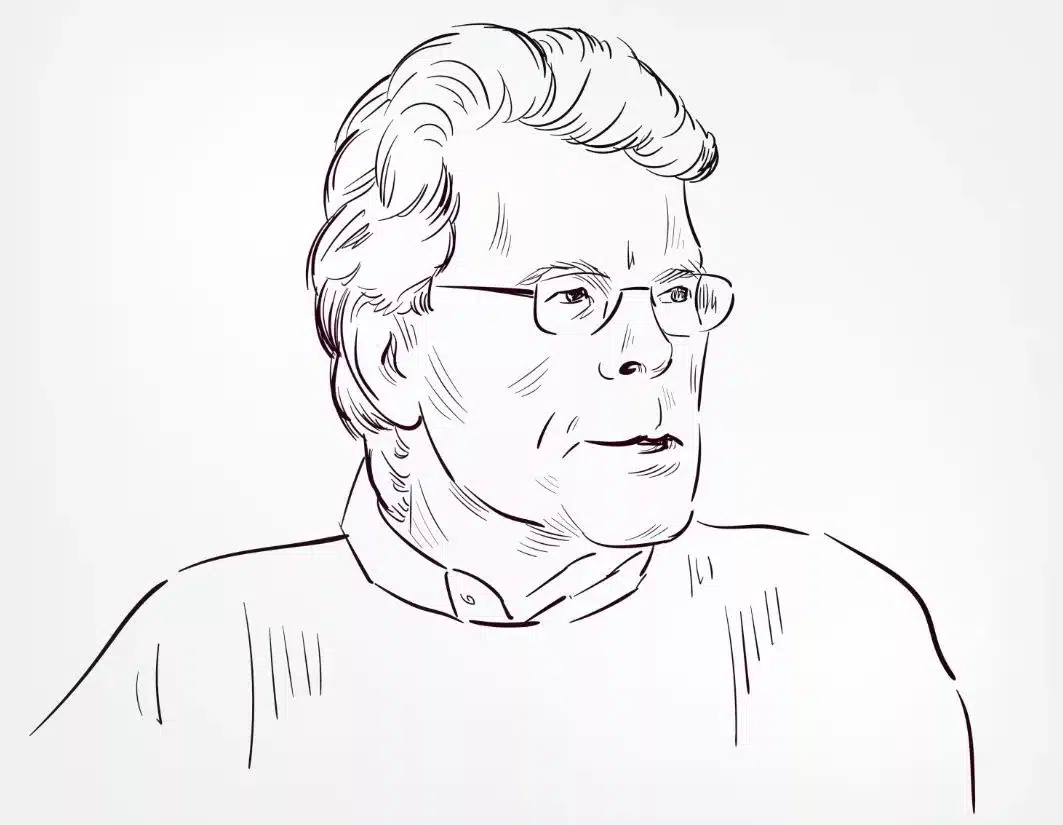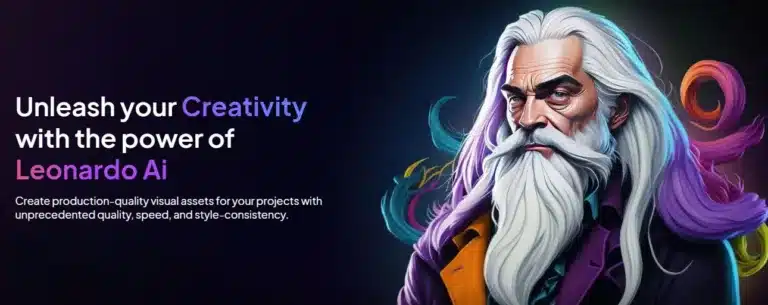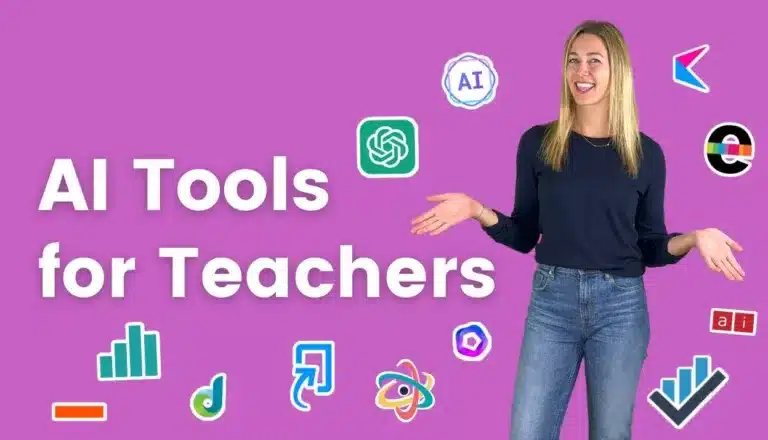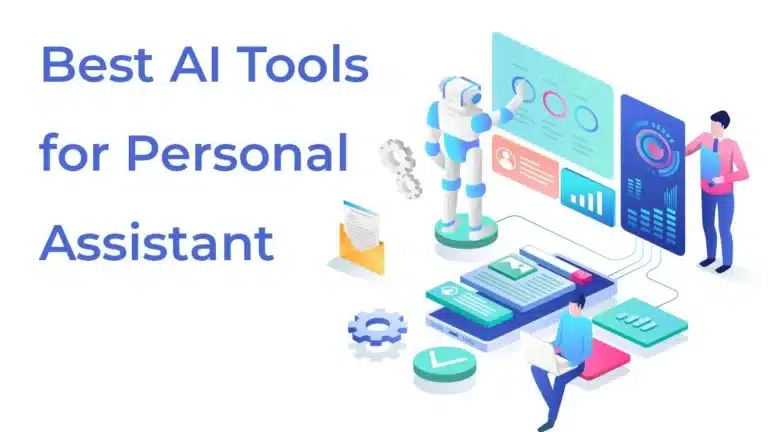Stephen King and AI: The Intricate Dance Between Creativity and Technology
Ever wondered what the master of horror, Stephen King, thinks about the rise of AI in the creative industry?
In a world where artificial intelligence is rapidly infiltrating various aspects of our lives, the question of its impact on creativity has become a hot topic.
While some view AI as a threat to human ingenuity, others see it as a tool that can enhance our creative capabilities.
But what does Stephen King, the master of horror and storytelling, think about this technological advancement?
His perspective is not only enlightening but also adds a nuanced layer to the ongoing debate.
This article delves into King’s views on AI, contrasts them with the broader Hollywood sentiment, and explores the future of AI in the creative industry.
If you’re intrigued by the intersection of technology and creativity, this is a must-read.
King’s Perspective on AI
Stephen King, the man who has given us spine-chilling stories like “Carrie” and “Pet Sematary,” has a rather unique take on artificial intelligence.
He’s not one to shy away from technological advancements; in fact, he embraces them. King has openly stated that he doesn’t mind his works being used to train AI models.
He believes that opposing AI is akin to trying to halt industrial progress by smashing machinery—it’s not only futile but also counterproductive.
But don’t mistake his openness for naivety. King is well aware of the limitations of AI.
He argues that while AI-generated text and art may look impressive at first glance, they lack the emotional depth and creative nuance that only a human can provide.
He’s skeptical about the idea of AI achieving sentience and believes that resistance to AI is an exercise in futility.
His perspective offers a balanced view in a world where opinions on AI often swing to extremes.
If you’re among those who view AI as a looming threat, King’s stance might offer some solace.
Hollywood’s Resistance to AI
In stark contrast to King’s open-mindedness is Hollywood’s apprehensive approach to artificial intelligence.
The entertainment industry, filled with writers, actors, and artists, has been vocal in its resistance to AI.
There’s an ongoing lawsuit against companies that generate AI-created pictures, and some news platforms have even blocked OpenAI from accessing their content to train new models.
The fear is palpable, and it stems from the belief that AI could potentially replace human creativity.
This resistance is not without basis; after all, AI has already started to make inroads into various creative fields. However, the question remains: Is this fear justified?
Is AI truly capable of replicating the intricate nuances that make human creativity unique?
Or is this resistance merely a manifestation of the industry’s unwillingness to adapt to change?
King’s Cautious Optimism
Stephen King’s approach to AI can best be described as cautiously optimistic.
He acknowledges the potential challenges that AI poses but is also open to seeing where this technology might lead us.
Unlike many who are quick to dismiss AI, King adopts a “wait and see” attitude. He believes that society could adapt and embrace this technology, thereby adding a layer of nuance to the prevailing anti-AI sentiment.
His optimism is not blind; it’s rooted in a realistic assessment of where AI currently stands.
King is well aware that machines, in their present state, lack true creativity. However, he leaves the door open for the possibility that technology could someday generate art that is uncannily human.
This cautious optimism serves as a refreshing counterpoint to the often polarized views on AI, offering a balanced perspective that is sorely needed in today’s discourse.
The Future of AI in Creative Writing
The future of AI in creative writing is a subject of intense debate and speculation.
While tools like Jasper AI have made significant strides in generating content, they are far from replacing human writers.
As it stands, AI-generated text may seem impressive but lacks the professional touch. It’s akin to comparing a high school essay with a Pulitzer-winning article; the difference is clear.
However, the rapid advancements in AI technology cannot be ignored. As computational power increases and algorithms become more sophisticated, the gap between human and machine-generated content is likely to narrow.
But will it ever close completely?
That’s a question that remains unanswered. What is certain, though, is that the landscape of creative writing is set for some significant changes in the coming years.
Whether these changes are for better or worse is a matter of perspective, but they are inevitable.
Conclusion
Stephen King’s nuanced views on AI serve as a valuable lens through which we can examine the complex relationship between technology and creativity.
His balanced approach offers a middle ground in a debate that is often dominated by extreme viewpoints.
Whether you’re a fan of King, interested in AI, or intrigued by the future of creativity, his insights provide a comprehensive understanding of where we stand and where we might be headed.
So, as we navigate this intricate dance between creativity and technology, it’s worth pondering the questions that King’s perspective raises.
Is AI an ally or an adversary in the realm of human creativity?
Only time will tell, but one thing is certain: the conversation is far from over.
FAQs
Who is Stephen King?
Stephen King is an American author known for his horror fiction. He has published over 60 novels and has received numerous awards for his work. King has a unique perspective on the role of AI in creativity, which is discussed in this article.
Why is Stephen King’s opinion on AI important?
Stephen King’s opinion holds weight because he is a respected figure in the creative industry. His balanced views offer a nuanced perspective in a debate that is often polarized. His thoughts can serve as a valuable lens through which we can examine the complex relationship between technology and creativity.
What is Hollywood’s stance on AI?
Hollywood, in general, has been resistant to the integration of AI in the creative process. This resistance is fueled by the fear that AI could replace human creativity. The article delves into this sentiment and contrasts it with Stephen King’s more open viewpoint.
Is AI capable of replacing human writers?
As of now, AI is not at a level where it can replace human writers, especially for complex and nuanced writing. However, the technology is rapidly advancing, and the gap between human and machine-generated content is narrowing. The article explores this in detail.
What tools are available for AI-generated writing?
There are several tools available for AI-generated writing, one of which is Jasper AI. While these tools are impressive, they are not yet at a level where they can replace professional human writers.







